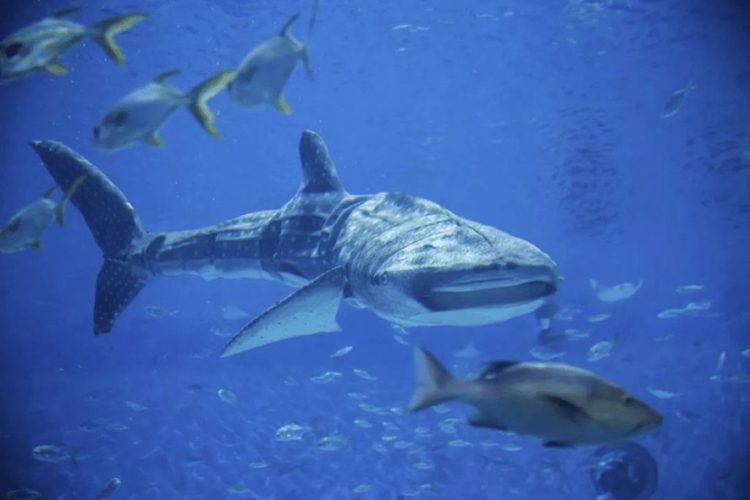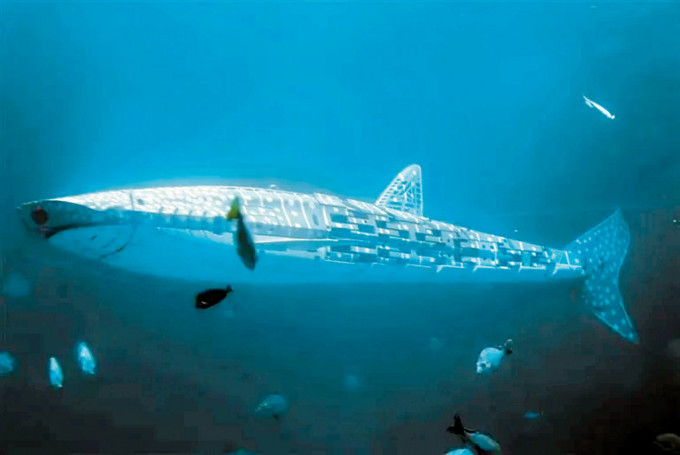A Chinese aquarium has attracted a lot of criticism by replacing its real whale shark with a life-size robotic version that emulates both the look and the movements of the marine animal.
On October 1st, Xiaomeisha Sea World in Shenzhen, China, reopened its gates to visitors after a five-year hiatus for renovations. The 60,000-square-meter marine park managed to attract around 100,000 paying visitors in its first week, but that financial success was overshadowed by the controversy around one of the new attractions, a robotic whale shark. According to several Chinese news sources, many visitors were disappointed to see that the whale shark swimming in the large aquarium around them was man-made, and not the real deal, especially since Xiaomeisha Sea World made no effort to inform them beforehand that it had no real sharks.

“The place is not big enough and even the whale sharks are artificial,” one visitor complained on social media. “By 3 p.m., people were asking for refunds.”
Following the growing controversy around its newest exhibit, Xiaomeisha Sea World tried to clear the waters by explaining that it had invested millions of yuan in the robotic whale shark as a way of bypassing Chinese animal protection laws that prohibit the trade of whale sharks as a way of curbing shark finning. A press release also pointed out that the company never meant to defraud visitors, but rather offer them a technologically-advanced alternative.

The aquarium’s official explanation did little to relieve the pressure, as many visitors pointed out that the problem wasn’t the law banning whale shark trading of any kind, but rather the deceitful marketing practices. Xiaomeisha Sea World could have simply informed visitors that it could no longer display real whale sharks instead of replacing them with robots.
“For the purpose of protecting animals, it would be better for them not to have one than to display a fake one,” one person wrote on Weibo.
Although it’s not clear who developed the mechanical shark, it is believed to be the creation of the same Shanyang company that announced the production of the world’s first robotic whale shark, back in August. It is 5 meters long, weighs 350 kilograms, and can swim, float, dive, and open its mouth just like a real shark.






